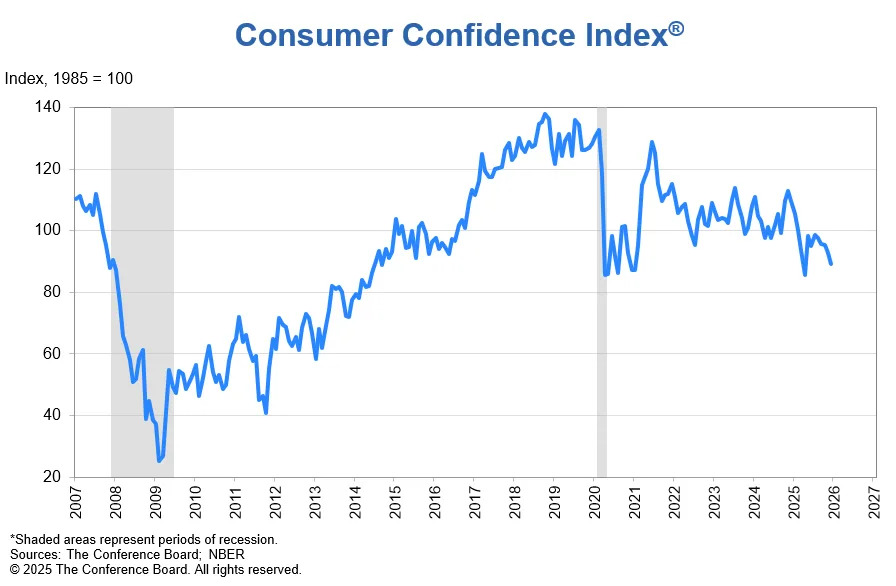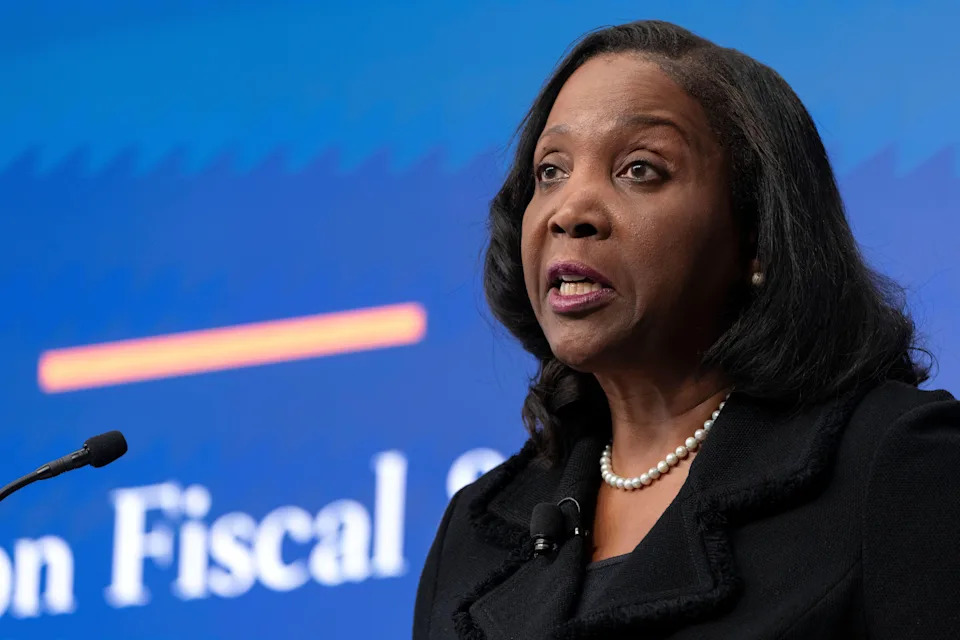
Chicken, crypto and Nvidia: The companies that helped Trump’s inauguration shatter fundraising records
Key Points
- A new FEC filing shows nearly 140 donors gave at least $1 million each to Donald Trump's second inauguration, totaling a record-breaking $239 million.
- Donors included CEOs from major companies like Meta, Alphabet, Amazon, and Nvidia, showcasing significant corporate support for Trump's return to power.
- The largest single donation was $5 million from poultry producer Pilgrim's Pride Corporation, with significant contributions also from cryptocurrency-related firms like Ripple Labs and Robinhood.
Summary
A recent Federal Election Commission filing reveals that Donald Trump's second inauguration was supported by an unprecedented level of corporate donations, with nearly 140 donors contributing at least $1 million each, amassing a record-breaking $239 million. This sum more than doubled the previous record set during Trump's first inauguration. The donor list reads like a directory of corporate America, featuring CEOs and companies from various sectors including tech giants like Meta, Alphabet, and Nvidia, as well as traditional industries like Chevron. Notable individual contributions came from figures like Apple's Tim Cook and Uber's Dara Khosrowshahi. The funds were used for a range of events surrounding Trump's swearing-in on January 20. Despite the initial show of support, recent policy decisions by Trump, particularly concerning tariffs, have introduced uncertainty affecting these companies' stock prices and supply chains. The filing also highlights significant donations from cryptocurrency-related entities, with Ripple Labs and Robinhood among the top contributors.
yahoo
April 21, 2025
Stocks


